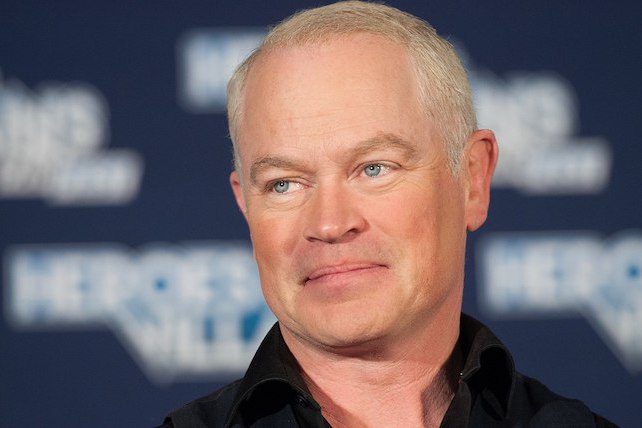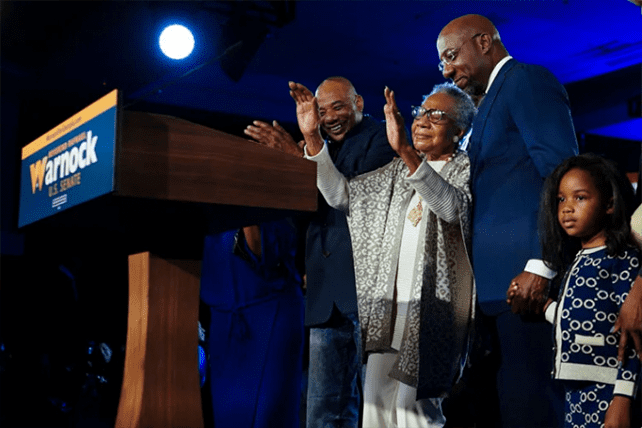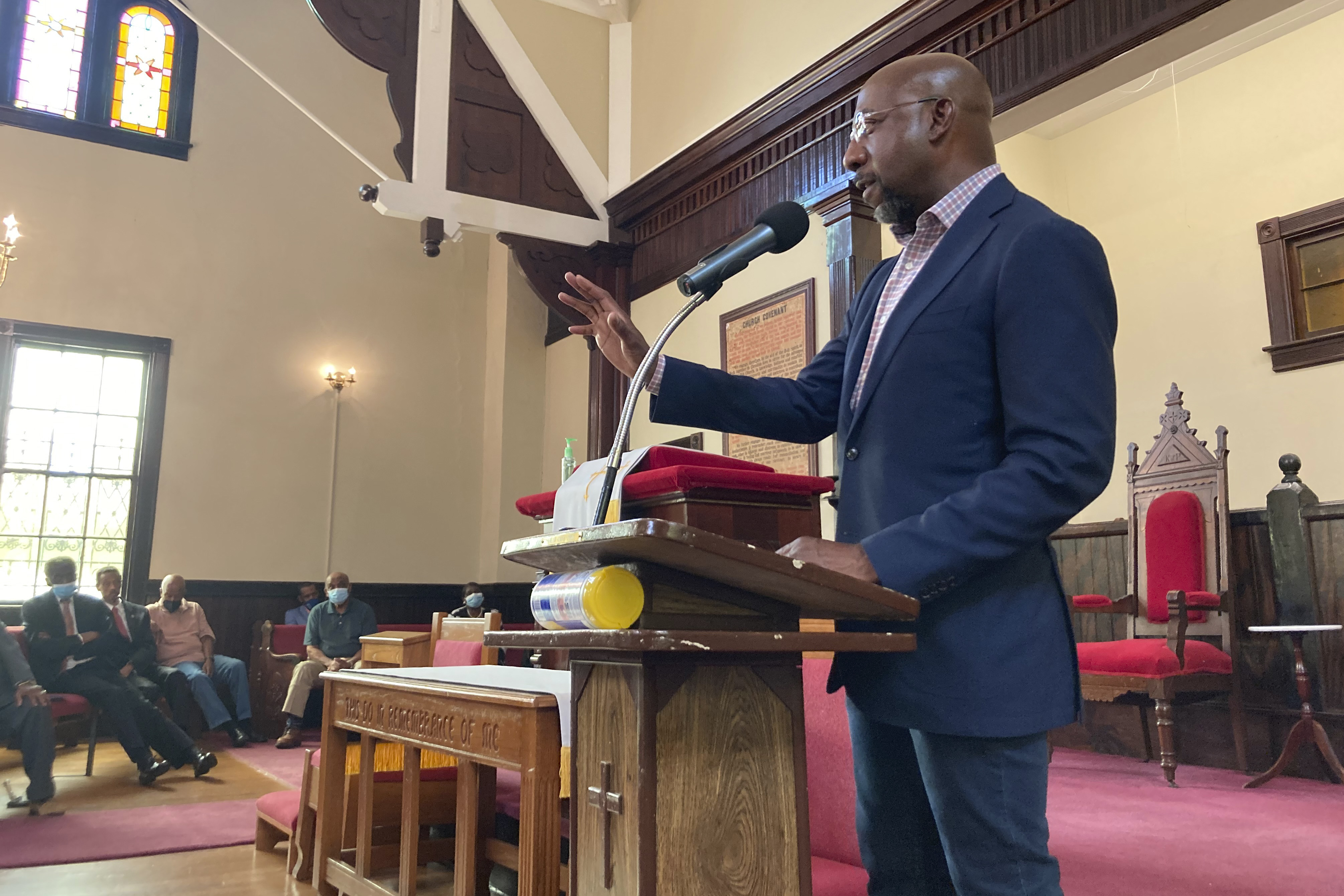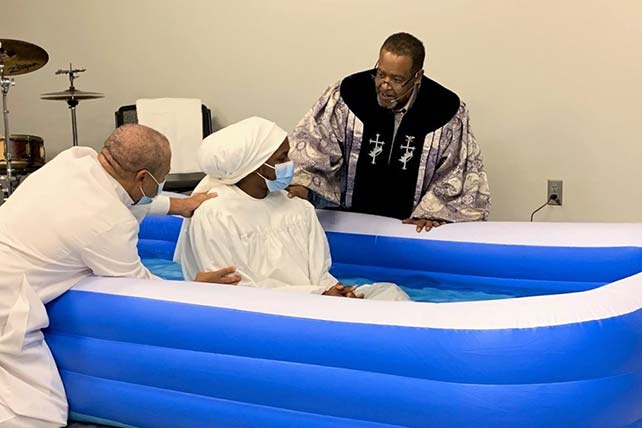There is a lot of confusion in this culture today over gender and sexual identity issues. There is a lot of head scratching in the church, as well. But God’s Word brings clarity where the world and religion often bring a fog. So how do we help our teenagers deal with LGBTQ issues (Lesbian, Gay, Bisexual, Transgender and Questioning). How do we help them navigate their own identity issues, as well as those of their peers? How do we do it in a way that strikes that balance between conviction and compassion? And how do we equip our teenagers to share the Good News of Jesus with others in a Good News way?
5 Truths as you Help Your Teenagers Deal With LGBTQ Issues:
1. Love, not hate must be our posture.
“Whoever does not love does not know God, because God is love” (1 John 4:8).
These are strong words from God’s Word. If we hate anyone, we have alienated the One who is defined by love…God Himself.
When Christians yell, scream, point, and damn, they are nothing like God. When Jesus said, “For God so loved the world,” He didn’t quantify or qualify. He loved the world and everyone in it. He loved straight, bi, trans, gay—anyone and everyone—because God is the essence of love. He came to bring the best of the best to the worst of the worst.
Heck, that’s the only reason I made it in!
“God is love.” That’s who He is. It’s what describes and defines the person of God.
Yes, He is holy, just, righteous and so much more. But this passage narrows one of His many descriptions as a primary one…love.
God doesn’t wait until we clean up our act to save us. He saves us and then begins the process of cleaning up our act. Romans 5:8 asserts the shocking, “But God demonstrates his love for us in this, while we were still sinners Christ died for us.” This is true for everyone, no matter who they are attracted to sexually or how they self-identify.
We must help our teenagers to love everyone…no matter what. May we self-identify as those who have an irrepressible love for everyone, because we’ve been relentlessly loved by God. May we forever drench our theological convictions with biblical compassion.
2. The Bible, not culture, must be our authority.
“All Scripture is God-breathed and is useful for teaching, rebuking, correcting and training in righteousness, so that the servant of God may be thoroughly equipped for every good work. In the presence of God and of Christ Jesus, who will judge the living and the dead, and in view of his appearing and his kingdom, I give you this charge: Preach the word; be prepared in season and out of season; correct, rebuke and encourage—with great patience and careful instruction” (2 Timothy 3:16-4:2).
God’s Word originated from the mind of God and landed on paper (or papyrus) through the pens of the men who wrote it. Because it was inspired (“breathed out”) by God Himself, it is as perfect as God Himself. It must be taught, read, respected and obeyed by those of us who claim to be His followers.
The Word of God is our handbook and guide and provides us with God’s “house rules.” My own kids don’t always understand or agree with their mom and dad’s house rules, but that doesn’t change the fact that our rules are our rules. Whether my kids like, understand or agree with our rules makes no difference, because they are our rules and they must be obeyed.
What’s true in our house is even more true in God’s household. His Word must be read, respected and obeyed, whether we like what it says or not, whether culture disagrees with it or not, whether it brings mockery and marginalization or not.
And the Bible is crystal clear on issues of gender identity and sexual practice.
Genesis 1:27 reminds us that sexual identity was determined by God when He made Adam and Eve in the beginning, “So God created mankind in his own image, in the image of God he created them; male and female he created them.”
And whatever He made us to be, male or female, was a hands-on miraculous process that God personally oversaw in our mothers’ womb: “For you created my inmost being; you knit me together in my mother’s womb. I praise you because I am fearfully and wonderfully made; your works are wonderful, I know that full well.”
Instead of railing against our Creator, we must know that He loves us, cares for us and crafted us as a male or female. That has nothing to do with our choice or feelings or doubts, but everything to do with His love for us.
When it comes to sexual practice we, once again, must go back to the Garden of Eden. Genesis 2:18-25 paints a clear picture of God’s original design for sexuality,
The Lord God said, “It is not good for the man to be alone. I will make a helper suitable for him.”
Now the Lord God had formed out of the ground all the wild animals and all the birds in the sky. He brought them to the man to see what he would name them; and whatever the man called each living creature, that was its name. So the man gave names to all the livestock, the birds in the sky and all the wild animals.
But for Adam no suitable helper was found. So the Lord God caused the man to fall into a deep sleep; and while he was sleeping, he took one of the man’s ribs and then closed up the place with flesh. Then the Lord God made a woman from the rib he had taken out of the man, and he brought her to the man.
The man said,
“This is now bone of my bones
and flesh of my flesh;
she shall be called ‘woman,’
for she was taken out of man.”
That is why a man leaves his father and mother and is united to his wife, and they become one flesh.
Adam and his wife were both naked, and they felt no shame.
The original design God made for humanity to follow was man and woman, husband and wife. Once again, these are “house rules” that we may not like or understand, but as followers of Christ, we must follow what He says, whether we like it or not.
Of course, there are very specific Scriptural passages that make it clear homosexual sex is a sin (Romans 1:26-27). But I think it is enough to know that God is for marriage (between one man and one woman), rather than trying to perpetually unpack one of the things He is against (homosexual sex).
But Christian teenagers also need to be reminded that heterosexual sex outside of marriage is also a sin and so is heterosexual lust (or lust of any kind). So we have no right to be arrogant in our biblical stance. As Jesus told the Jewish leaders accusing the woman caught in adultery, “Let him who is without sin cast the first stone.”
As we teach these truths to our teenagers, we must do so knowing the tendency of teenagers to be on one side of the pendulum or the other. For many of our teenagers, the tendency will be accommodation. They may have friends who are gay, bi, or trans…or just questioning. To say that being transgender is unnatural and homosexual sex is a sin may cause some to be angry and accuse you of being judgmental. Once again, we must remind them of the “house rules.”
On the other side of the equation, there will be those who want to pick up stones with the Pharisees and “pelt the sinners.” We must remind them that we are no better than the worst of sinners. Romans 3:9-12 makes this clear,
What then? Are we better than they? Not at all; for we have already charged that both Jews and Greeks are all under sin; as it is written, “There is none righteous, not even one; There is none who understands, There is none who seeks for God; All have turned aside, together they have become useless; There is none who does good, There is not even one.”
Every single one of us was born into the sin tribe and are spiritually depraved and morally deprived. Those of us who have been born again have been renewed, not by our goodness, but by the grace of Jesus (Ephesians 2:8-9). We have nothing to brag about but Jesus.


























